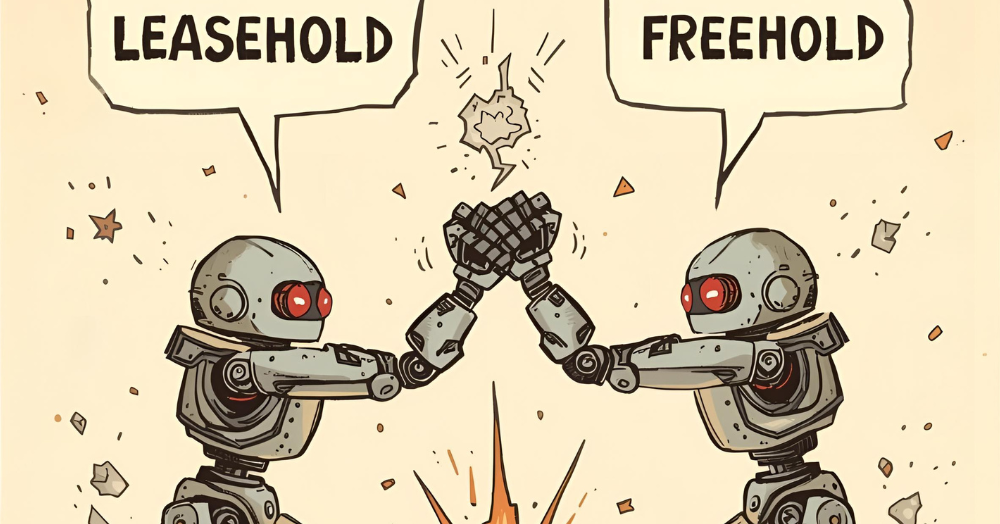
Freehold vs Leasehold: What’s the Difference (and Why It Matters)
When you’re buying your first home, you’ll quickly come across two words that can make things a little confusing — freehold and leasehold. Understanding the difference could save you a few surprises (and a few thousand pounds) later on.
✨ Freehold means you own the property and the land it sits on, outright. It’s all yours, forever. You’re responsible for maintenance, but there’s no landlord, no ground rent, and no lease to worry about. Most houses in the UK are freehold.
🏢 Leasehold, on the other hand, means you own the property for a set number of years — but not the land it’s on. You’ll often find this with flats and apartments. You’ll usually pay ground rent and service charges, and you might need permission from the freeholder to make changes to your home.
🤔 So which is better?
It depends on your goals. Leasehold properties can be a more affordable way to get on the ladder, especially in city centres, but make sure you understand the lease length and any associated costs before signing on the dotted line. A short lease can make a mortgage tricky and reduce resale value.
💡 Our advice: Always ask questions. Our team and in-house mortgage advisors can help you understand exactly what you’re buying so there are no surprises later.
📞 Chat to us before you buy — we’ll help you avoid the common first-time pitfalls and make sure you’re set up for success from the start.